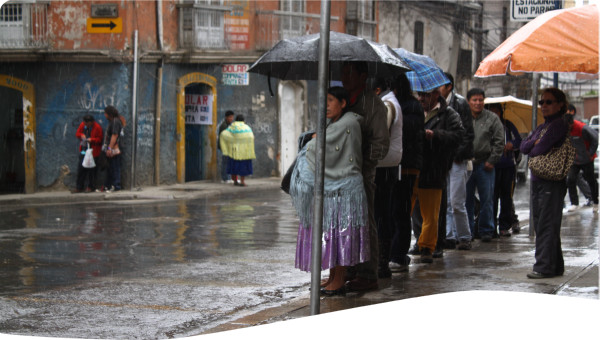Disasters do not discriminate; however, existing socio-economic conditions present segregated disaster impacts even for similar communities- demographically. Here, the most vulnerable groups within these communities suffer most. Research shows that disasters increase gender inequalities. This framework analysis sought to bring to the construct of disaster risk reduction, gender intersectionality perspectives, and ways of gender mainstreaming in disasters in Kenya. It is undeniable that each time a disaster occurs, gender relations are part of the human experiences that arise from disasters. Therefore, the inclusion and advancement of gender mainstreaming or responsiveness into disaster risk reduction are timely, especially when the world is faced with numerous disasters inclusive of emerging ones as COVID19. The findings resulting from this study used a Participatory Action Approach. Primary data presented a multi-level approach to disaster risk reduction comprising of local, city-level and international participation. The results show a need for gender mainstreaming in disaster risk reduction in Kenya. These efforts call for training, community leadership network and a rethink on policies for research and practice to address the local people’ sufferings in the face of disasters, and lost livelihoods.
Description / Abstract
Publication year
Thematic Tagging
English
 Resource -
Resource -
